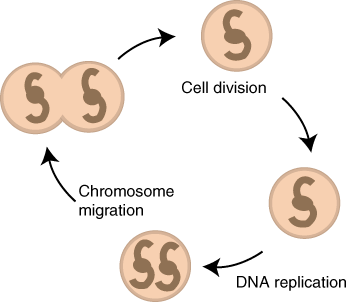Please wait while we process your payment
If you don't see it, please check your spam folder. Sometimes it can end up there.
If you don't see it, please check your spam folder. Sometimes it can end up there.
Please wait while we process your payment

By signing up you agree to our terms and privacy policy.
Don’t have an account? Subscribe now
Create Your Account
Sign up for your FREE 7-day trial
By signing up you agree to our terms and privacy policy.
Already have an account? Log in
Your Email
Choose Your Plan
Individual
Group Discount
Save over 50% with a SparkNotes PLUS Annual Plan!
 payment page
payment page
Purchasing SparkNotes PLUS for a group?
Get Annual Plans at a discount when you buy 2 or more!
Price
$24.99 $18.74 /subscription + tax
Subtotal $37.48 + tax
Save 25% on 2-49 accounts
Save 30% on 50-99 accounts
Want 100 or more? Contact us for a customized plan.
 payment page
payment page
Your Plan
Payment Details
Payment Summary
SparkNotes Plus
You'll be billed after your free trial ends.
7-Day Free Trial
Not Applicable
Renews April 25, 2025 April 18, 2025
Discounts (applied to next billing)
DUE NOW
US $0.00
SNPLUSROCKS20 | 20% Discount
This is not a valid promo code.
Discount Code (one code per order)
SparkNotes PLUS Annual Plan - Group Discount
Qty: 00
SparkNotes Plus subscription is $4.99/month or $24.99/year as selected above. The free trial period is the first 7 days of your subscription. TO CANCEL YOUR SUBSCRIPTION AND AVOID BEING CHARGED, YOU MUST CANCEL BEFORE THE END OF THE FREE TRIAL PERIOD. You may cancel your subscription on your Subscription and Billing page or contact Customer Support at custserv@bn.com. Your subscription will continue automatically once the free trial period is over. Free trial is available to new customers only.
Choose Your Plan
This site is protected by reCAPTCHA and the Google Privacy Policy and Terms of Service apply.
For the next 7 days, you'll have access to awesome PLUS stuff like AP English test prep, No Fear Shakespeare translations and audio, a note-taking tool, personalized dashboard, & much more!
You’ve successfully purchased a group discount. Your group members can use the joining link below to redeem their group membership. You'll also receive an email with the link.
Members will be prompted to log in or create an account to redeem their group membership.
Thanks for creating a SparkNotes account! Continue to start your free trial.
We're sorry, we could not create your account. SparkNotes PLUS is not available in your country. See what countries we’re in.
There was an error creating your account. Please check your payment details and try again.
Please wait while we process your payment

Your PLUS subscription has expired
Please wait while we process your payment
Please wait while we process your payment

Introduction to the Cell Cycle

The cell cycle is the recurring sequence of events that includes the duplication of a cell's contents and its subsequent division. This SparkNote will focus on following the major events of the cell cycle as well as the processes that regulate its action. In this and the following SparkNotes on cell reproduction, we will see how the cell cycle is an essential process for all living organisms. In single-cell organisms, each round of the cell cycle leads to the production of an entirely new organism. Other organisms require multiple rounds of cell division to create a new individual. In humans and other higher-order animals, cell death and growth are constant processes and the cell cycle is necessary for maintaining appropriate cellular conditions.
As we discussed in the Introduction to Cell Reproduction, the goal of cellular reproduction is to create new cells. The cell cycle is the means by which this goal is accomplished. While its duration and certain specific components vary from species to species, the cell cycle has a number of universal trends.
We will discuss the general organization of the cell cycle by reviewing its two major phases: M Phase (for mitosis) and interphase. Interphase is generally split into three distinct phases including one for DNA replication. We will finish with a discussion of the elements that control a cell's passage through these various stages. The cell cycle is very highly regulated to prevent constant cell division and only allows cell that have met certain requirements to engage in cell division.
Please wait while we process your payment

